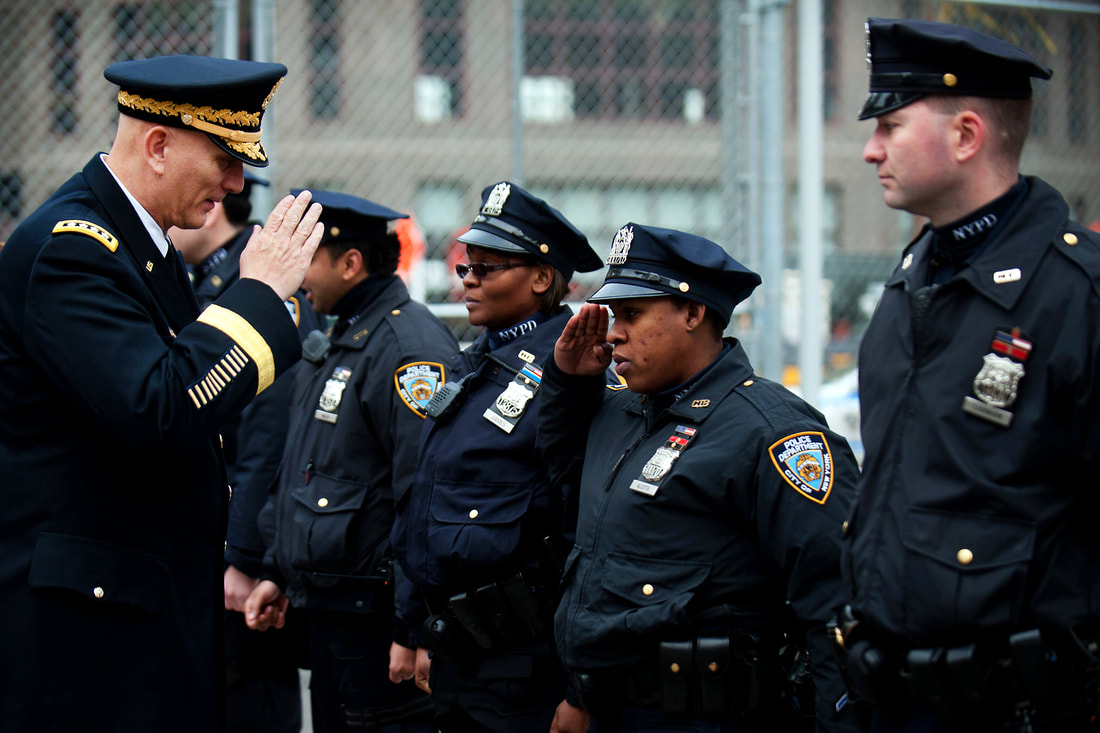“The over discipline and abuse of black children, leads to over discipline by the white authorities” expressed Dr. Stacy Patton, Ph.D, author and activist.
It seems like every day you can walk through the streets of New York City and observe a black child being hit, slapped or screamed at. This is a common occurrence with children as young as ages 2, 3 and 4. I am appalled that I don’t do anything to intervene and neither does anyone else. What if it was a white child? It wouldn’t last for long.
When I heard Dr. Ken Hardy, a prominent black psychologist, proclaim the above words during a speech a few years ago, I was a bit taken aback. I thought to myself, how do we know that a young child will experience “police response” and why should a child of that age carry the burden of police misconduct? It started to make me think that this is an old practice rooted in biblical terms and slave history. It also made me wonder if this style of discipline sets up police response?
When we accept the poor treatment of black children, what message is being sent? “They are in the world to be used in anyway a person in authority, (usually white) sees fit?”
I believe that the police have become a convenient scapegoat in the whole issue of how black people are treated and resolving problems in poor communities. I have started to ask colleagues and friends, “what are we avoiding talking about by always focusing on the police and the police only?” I asked a friend who is a skilled psychotherapist, does she think that the police are the parenting structure in poor communities?
Police are not the cause of problems in poor communities, rather the result of many long- standing intergenerational problems that have gone on for years.
What if the discipline of black children was less harsh? What if we focused on two parents raising a child? What if we put our attention towards keeping men of color or poorer men engaged with their families?
The only way that we will change the dynamic with the police and poor communities is by focusing on building a strong family foundation (however one defines family) and having honest conversations about the treatment of black children.
It’s important to look at the concept of police brutality in the context of the mistreatment of black children in their own communities.
Kay Gimmestad, LCSW-C is a business coach and clinician in New York City with 20 years of experience working in the profit and not for profit sectors of Human Resources, Health and Human Services. She has built a reputation for being highly skilled in facilitating behavior change while working with employees, both individually and in groups, on matters relating to performance management, substance abuse, crisis intervention, and stress/wellness.

 RSS Feed
RSS Feed
